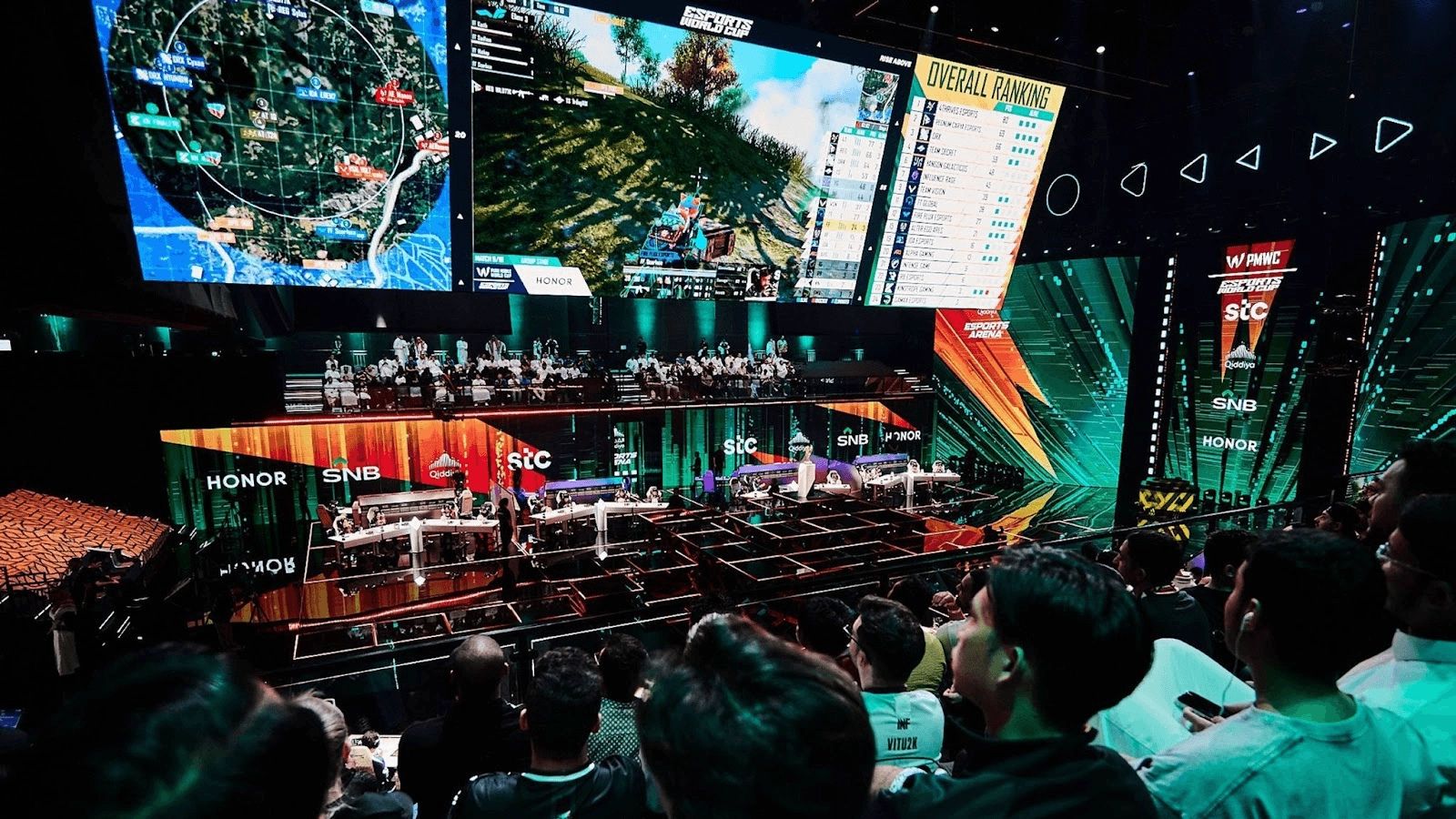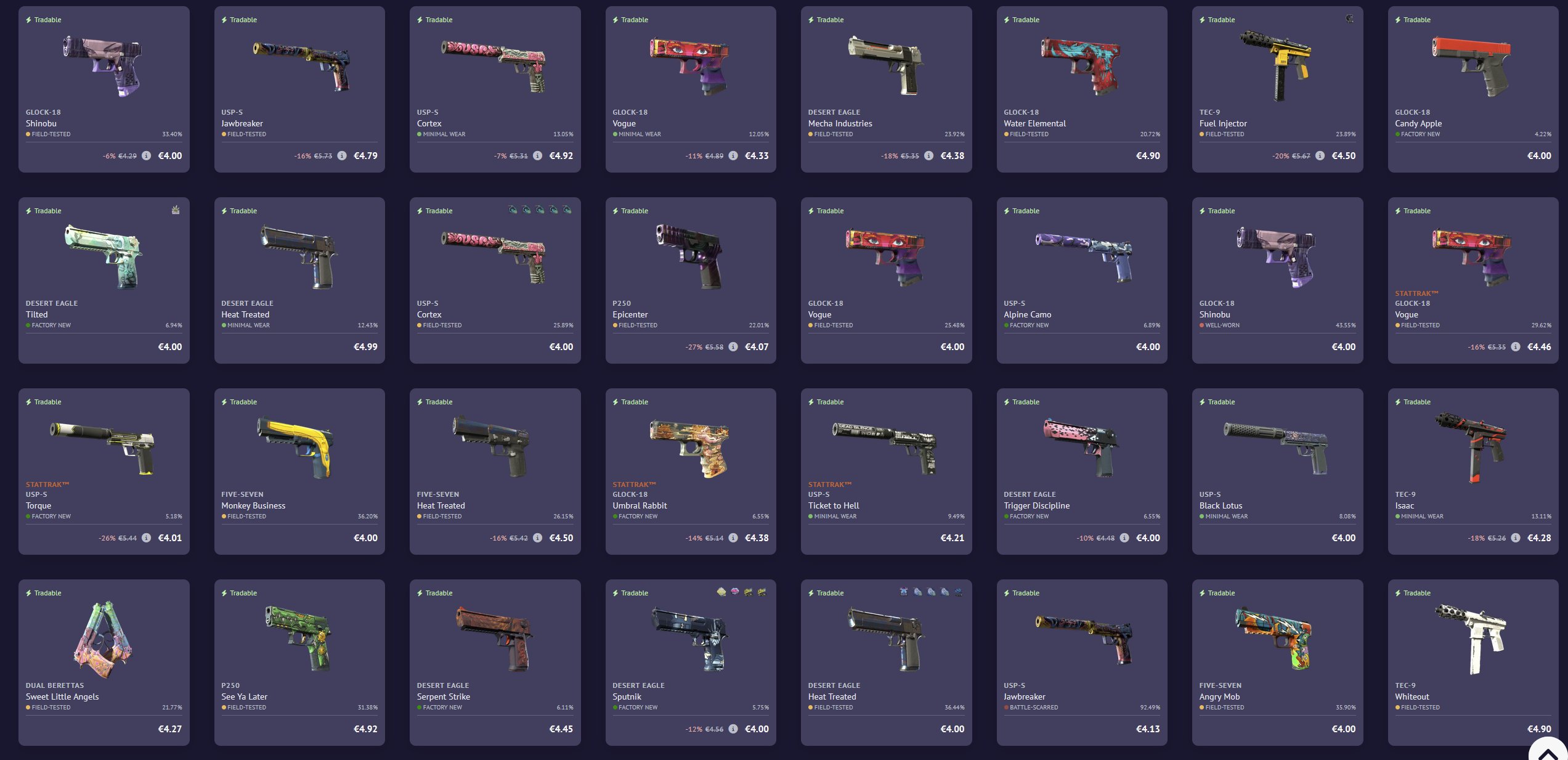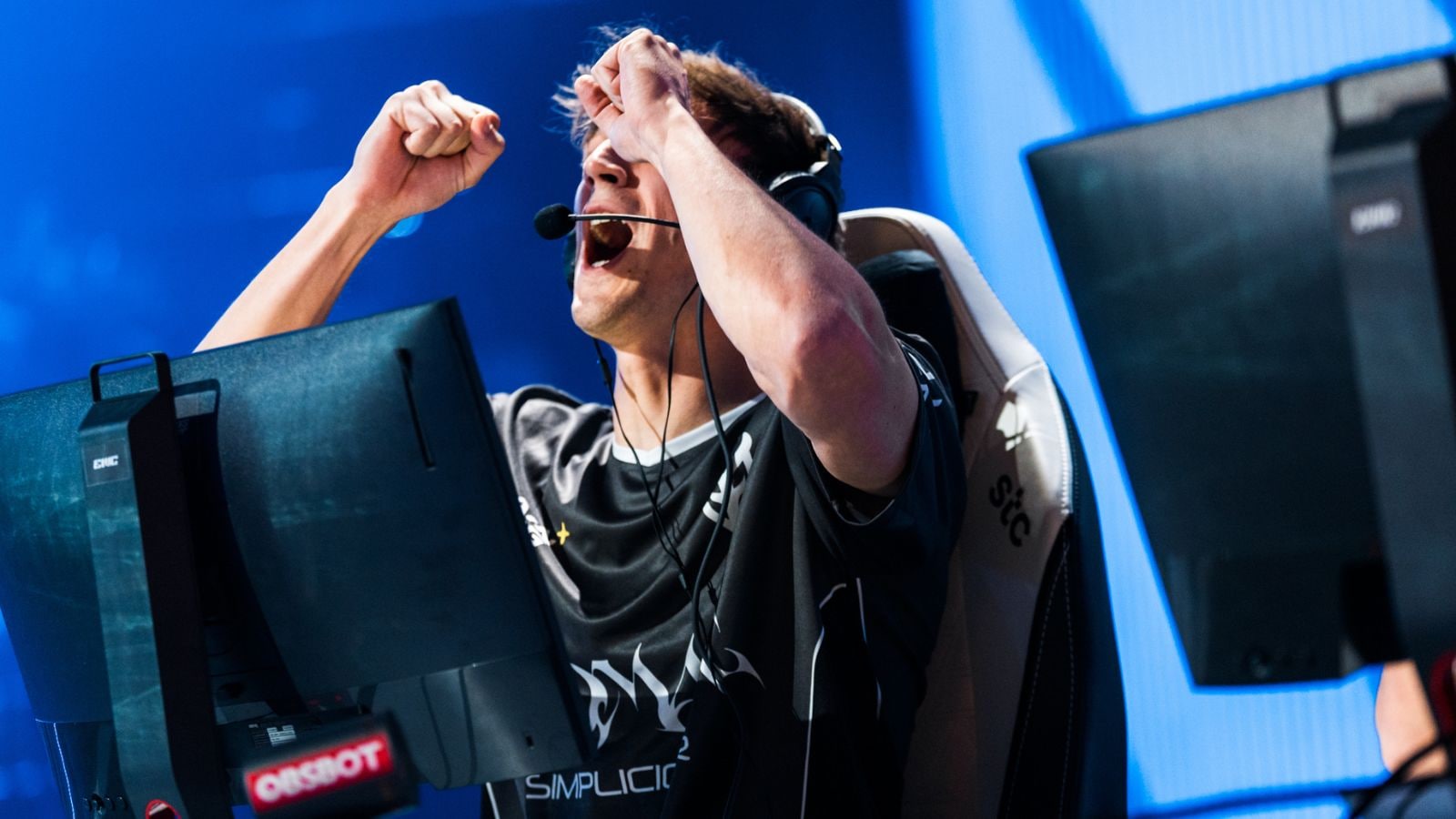For years, real-money gaming (RMG) platforms have sought to strategically align themselves with the esports industry in an attempt to burnish their credibility before regulators, investors, brands, and even parents.
The domestic video gaming industry, on the other hand, has gone to lengths to distance itself from the RMG sector, arguing that online games wherein users make a deposit with the expectation of earning monetary rewards on it, fall squarely in the category of illegal betting and gambling.
Now, the esports industry’s prayers for a clear demarcation from other forms of gaming have been answered.
The Promotion and Regulation of Online Gaming Act, 2025, which was signed into law last week, imposes a blanket ban on all categories of online money games (regardless of whether they are based on skill or chance) while recognising and promoting the development of esports as a legitimate competitive sport, alongside online social games (that may charge subscription fees, provided they do not involve stakes or wagers).
While the Act has ended years of confusion by officially recognising esports as a sport, industry leaders have pointed out that gaps in infrastructure and lack of enabling policy frameworks still stand in the way of India hosting large-scale tournaments. They also caution that enforcement of the law will be critical for fear of revenue streams such as in-app purchases being swept under the ban on RMG services.
 PUBG Mobile World Cup at EWC 2025. (Image credit: EWC)
PUBG Mobile World Cup at EWC 2025. (Image credit: EWC)
“The Act already permits prize pools linked to competition performance, and cosmetic items bought from official stores are non-transferable and have no cash-out route, so these should remain safe monetisation channels. The challenge is to ensure that definitions remain precise so that legitimate activities such as sponsorships, prize pools, and in-game purchases are not restricted by accident,” Akshat Rathee, the managing director of esports firm Nodwin Gaming, told The Indian Express.
What the Act says
Esports is defined in the Act as a multi-player gaming competition governed by pre-defined rules and whose outcome relies solely on factors such as physical dexterity, mental agility, strategic thinking, etc. It permits entry fees and prize money for winning players as long as they do not involve bets, wagers, or any other stakes.
Story continues below this ad
The new legal framework mandates esports events to be registered with a regulatory authority that will be tasked with forming guidelines for the conduct of esports events. The authority, made up of central government appointees, will also decide whether an online game qualifies as an online money game, effectively determining if it should be banned or not.
The Centre further looks to promote esports as a legitimate competitive sport by setting up training academies and research centres, launching incentive schemes, awareness campaigns, and collaborating with state governments as well as sporting federations.
Snapshot of Esports in India
A FICCI-EY report from March 2025 estimated that esports generated $13 billion of the $53 billion earned by casual gaming in 2024. A majority of the revenue ($179 billion) was from transaction-based gaming or RMG platforms. However, participation in esports tournaments crossed two million for the first time in 2024 with a total of 368 professional esports teams in the country.
The report further said that the share of esports and casual gaming in total online gaming revenues is expected to rise to 26 per cent in the next two years, up from 19 per cent in 2022, due to higher prize money, growth in professional teams, and the India entry of new titles such Asphalt and Mobile Legend as well as the surge in popularity of homegrown titles like Indus Battle Royale and FAU-G.
Story continues below this ad
 nCORE Games says that the game is a tribute “to our bravehearts of India.” (Image credit: nCORE Games)
nCORE Games says that the game is a tribute “to our bravehearts of India.” (Image credit: nCORE Games)
Industry stakeholders are optimistic that the new Act will unlock long-term confidence among sponsors across sectors, encouraging more non-endemic brands to commit to deeper partnerships with esports IPs and leagues. “Esports tournaments require significant investments and sponsorships and I believe that government recognition will now pique the interest of larger corporate bodies, particularly those already investing in traditional sports,” S8UL CEO Animesh Agarwal told The Indian Express. The Mumbai-based company manages top Indian esports athletes in Valorant, BGMI, and CODM.
With the new law, India is also poised to participate in prestigious formats like the Esports Nations Cup that was recently announced by the Esports World Cup Foundation at New Global Sport Conference (NGSC) 2025, according to Rathee.
Regulatory grey zones
In-app purchases such as cosmetic skins (the visual appearance of an in-game item or character) and emotes (animations or gestures) are said to be a huge part of gaming culture because they let players express their identity. “Much like sneakers or fashion in the physical world, these digital items carry social value and cultural meaning among gamers,“ Agarwal said, adding that they have no impact on core competitive gameplay.
Owing to their high social value, rare skins in Fortnite and CS:GO have become collectible items often traded by players on the Steam marketplace, with some even fetching $100,000. While selling these skins on the marketplace only yields Steam Wallet funds, not cash, there are grey markets such as SkinBaron, CS.Money, CS.Trade, and DMarket where skins are treated as virtual currency that are used to place bets on esports matches.
Story continues below this ad
Without explicitly mentioning skins or loot boxes, the new Act defines ‘other stakes’ in online money games as anything convertible to money, including credits, coins, tokens, or objects. “Grey-market practices like third-party skin sales and account trading could fall under the definition of “convertible stakes” because they allow cash-out and sit outside publisher control,” Rathee said.
 Tradable weapons skins in distinctive patterns. (Image credit: SkinsBaron)
Tradable weapons skins in distinctive patterns. (Image credit: SkinsBaron)
Game publishers including Valve, EA, Riot Games, and Epic Games already prohibit such practices in their terms of service and have implemented safeguards. But it will be up to the regulatory authority to decide whether such trading amounts to gambling with real-money.
“One element that requires clarity is how websites/apps offering online money games will be identified. A game developer will always strongly argue that their game is not subject to the prohibition, for any number of reasons,” Vikram Jeet Singh, a partner at law firm BTG Advaya, said.
“If there is a dispute on whether an online game is an online money game, the government should clarify what authority (or court) will settle the dispute. There are ‘in game purchases’ available in most games, and it is not clear if these or other ‘micro-transactions’ in games are now prohibited,” he added.
Story continues below this ad
Other challenges
To conduct world-class tournaments and make India a global esports hub, industry leaders stress that the country needs enabling infrastructure such as affordable venues and training facilities as well as event clearances. “Venue availability is a key constraint, as smaller organizations often cannot host big events due to high costs. Here, government or state-level partnerships can make a difference,” Agarwal said.
“Support for visas for athletes and teams competing in international tournaments will also help strengthen India’s presence on the global stage,” he added.
There have also been calls for an independent regulatory authority with representation from the gaming industry. “The next critical step will be to establish the right body that can identify and represent the genuine stakeholders of the esports ecosystem, ensuring smooth implementation and sustainable growth,” Rathee said.

